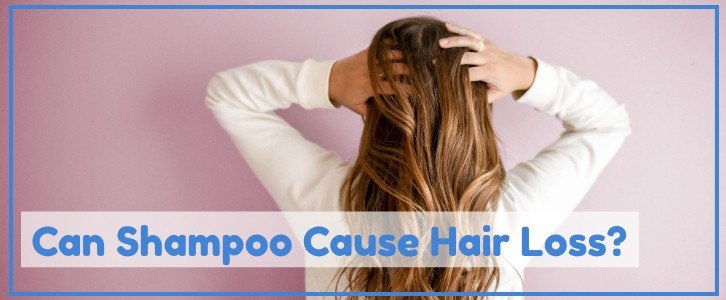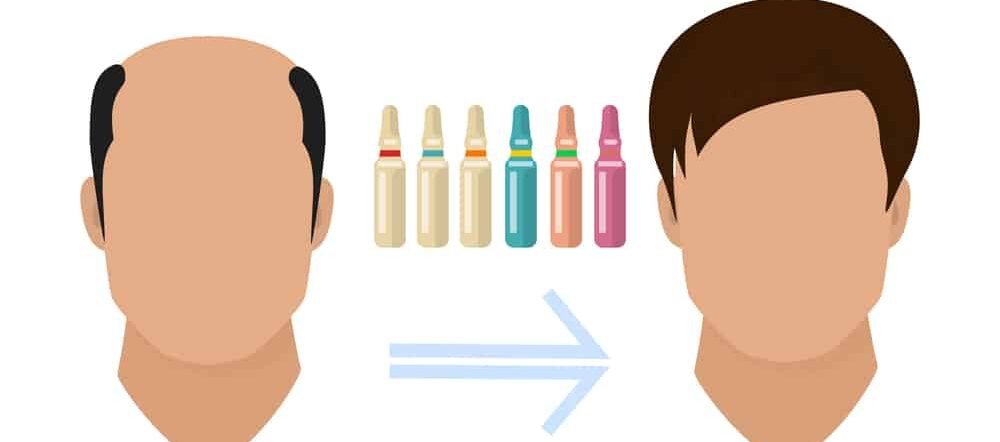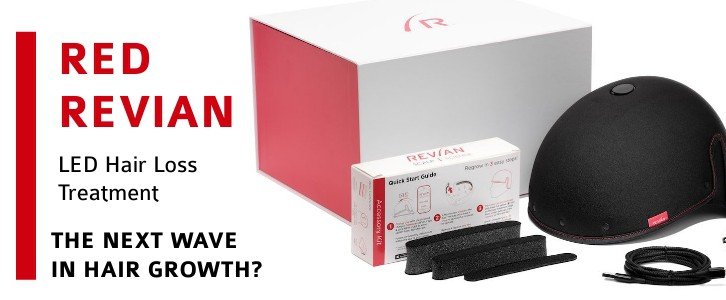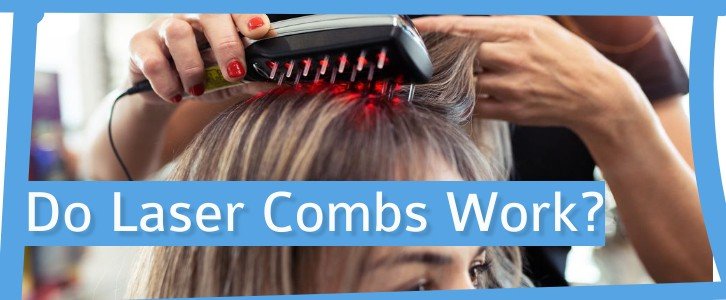Can shampoo cause hair loss? Hair loss has long been a common and well-known problem of humans. A wide range of conditions can cause hair loss, some of the most common being pregnancy, thyroid disorders, and anemia. Other possible causes include skin conditions, polycystic ovary syndrome, autoimmune disease, and lack of adequate nutrition.
What about shampoo?
You may think that the shampoo you are using is safe because it has “for hair loss” written on the label. But have you ever considered that the very ingredients your shampoo contains might be a cause of hair loss? In this article, we will discuss how shampoos can cause hair loss.
How Shampoo Can Cause Hair Loss
Shampoos are mainly used to clean your scalp and hair, but they also carry out other important functions to maintain your hair, such as:
- Improve the appearance and scent of your hair
- Remove dirt and hair products used previously
- Address hair or scalp conditions like oily hair or dandruff
- Avoid irritating the skin
To perform all these duties and manage your hair to the fullest, shampoos can easily contain up to 30 different ingredients along with some chemicals. These ingredients help with the stability of the shampoo’s mixture and its appearance.
Each of these ingredients added to the shampoo serves a specific purpose. Some of these ingredients may have a negative effect on the health of your hair.
The build-up of certain ingredients on the scalp can cause inflammation and block new hair growth in the long term. The shampoo is the only product frequently massaged onto the scalp, so all these ingredients must be rinsed off properly.
Typical shampoos contain preservatives, conditioners, silicones, thickening, resins, and more, that can stick to the hair and the scalp, potentially messing up the healthy hair conditions and causing hair loss over time.
Next time you are shopping for shampoo, don’t forget to check the label and make sure it doesn’t have those ingredients that can harm your scalp.
Bad Ingredients in Shampoos – Avoid these!
Let’s look at the ingredients commonly added to the shampoo that can potentially harm your hair and cause hair loss.
Sodium Lauryl Sulfate (SLS) and Laureth Sulfate
The thick and bubbly lather that is produced after applying shampoo is due to the presence of sodium lauryl sulfate (SLS), which is known as a “surfactant”.
But this ingredient is one of the biggest reasons that shampoo can cause hair loss. The chemical Laureth Sulfate is a foaming agent commonly found in most shampoos on the market.
These surfactant sulfates reduce surface tension between the shampoo and your hair. Thereby it cleans the dirt, oil, and dead skin on your scalp more effectively.
Small amounts of sulfates in shampoos are safe to use and can even prove beneficial for the scalp. But shampoos that contain high concentrations of sulfates can make the hair lose its natural protein and healthy oils.
As a result, the hair becomes weaker and thinner with an increase of split ends. So always make sure the shampoo you are using does not have a high amount of sulfates.
Formaldehyde in Shampoos Containing Keratin
Some shampoos containing Keratin have formaldehyde or formaldehyde releasers in them can cause hair loss and scalp irritation.
Sodium Chloride
Sodium chloride, commonly known as table salt, is also present in most shampoos where it is used to thicken the consistency in the shampoo mixture.
Although sodium chloride does not directly cause hair loss, but shampoos with high concentrations of it can make the scalp dry and itchy which is not optimal for healthy hair growth.
Parabens
In order to prolong the shelf life of shampoos, parabens like propylparaben and methylparaben are used.
The addition of parabens can cause the shampoo to last for up to 24 months after opening. Although it increases the life of shampoo, it is a well-known cause of hair irritation, itchiness, contact dermatitis, and other skin and scalp issues, which can lead to hair loss.
A recent study also found that parabens can cause hormonal imbalance that can expedite hair loss.
Diethanolamine (DEA) and Triethanolamine (TEA)
Just like sulfates, DEA and TEA are also synthetic ingredients. They act as foaming agents and emulsifiers to help lower the surface tension between oil-soluble and water-soluble ingredients.
DEA and TEA can damage the hair’s natural keratin, oil, and proteins. They also make the scalp and hair dry.
Alcohols
While shopping for shampoos, always ensure that the shampoo doesn’t contain alcohol, especially propanol and isopropyl alcohol. These two alcohols can dry out the hair and make it brittle.
If you want to have optimal hair conditions for hair growth, completely avoid shampoos having high concentrations of propanol and isopropyl alcohol listed in their ingredients.
FAQs
Does anti-dandruff shampoo cause hair loss?
Anti-dandruff shampoos contain ingredients like selenium sulfide that may contribute to further hair loss. These ingredients are supposed to kill fungus and remove dandruff on your scalp.
They generally do not cause any harm if used in low concentrations, but they are bad if used in high concentrations. Prolonged use of such shampoos can cause hair loss. However, anti-dandruff shampoos containing ketoconazole like Nizoral or similar brands may even help to reduce or slow down hair loss.
Does “Head and Shoulders” make your hair fall out?
There is no hard evidence that Head and Shoulders branded shampoo can cause hair loss, but their products contain various ingredients. Some of these ingredients are potential irritants and toxic at high concentrations.
Of course, any type of shampoo brand or hair product can cause irritation or reactions to anyone who is allergic to any of these chemicals, which as a result can contribute to hair loss.
Can zinc shampoo cause hair loss?
Typical zinc shampoos do not cause hair loss. In general, when talking about zinc and hair, it is the other way around. Zinc deficiency can cause hair loss. Shampoos containing zinc tend to promote healthy hair growth, not hair loss. Zinc shampoos can also help clear dead skin cells or conditions that prevent hair growth.





